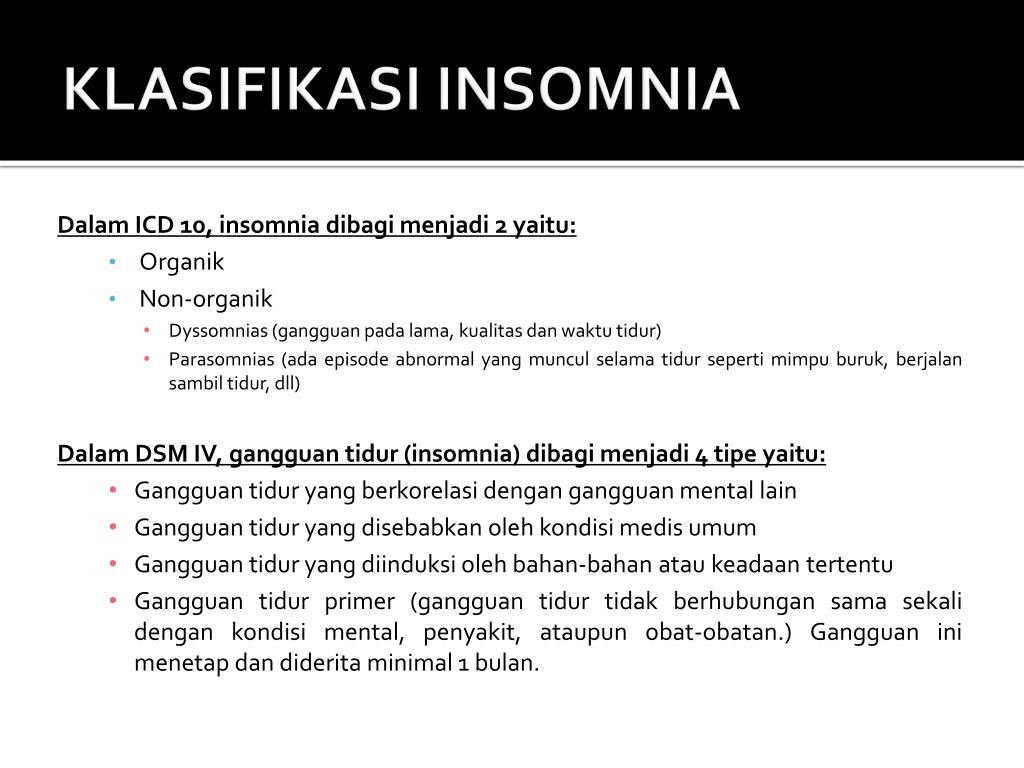

The purpose of this nationwide, retrospective cohort study of large scale, compared with previous reports, was to explore the correlation between various types of cancer and insomnia, based on information provided by the Korea National Health Insurance Service (KNHIS) database. However, insomnia may affect the patient’s psychosocial factors and/or medical utilization behavior to modify the risk for cancers. The possible influence of insomnia on cancer development has been suggested based on several biological pathways, including melatonin, circadian clock gene dysregulation, and appetite‐regulating hormones (leptin and ghrelin).

However, the meta-analysis only covered limited types of cancers. The metaanalysis also reported sex differences, showing that the association was significant only in women, but not in men. In contrast, another study with more specific analyses of sleep pattern reported most sleep characteristics including hours of sleep per night did not correlate with breast cancer risk. In particular, breast cancer showed positive association between insomnia and cancer in two studies. In contrast, four other reports showed a higher risk of cancer among study participants who suffered from insomnia. Four of the 8 epidemiologic studies showed no relationship between insomnia and the risk of cancer.

However, according to a systemic review and metaanalysis of previous epidemiologic studies, the results were inconsistent in terms of the risk for any kind of cancers and insomnia. A recent meta-analysis showed that there was a 24% overall increase of cancer risk in insomnia patients. A nationwide case-control study in Taiwan showed that patients with insomnia exhibited significantly increased risks for overall cancer (adjusted hazard ratio : 1.71, 95% confidence interval : 1.66–1.77) and many types of cancers (tracheal, nasal, liver, cervical, oral, colon, lymphatic, thyroid, myeloma, prostate, bladder, and kidney). Several epidemiological reports have described the association between insomnia and cancer. The association between insomnia and increased risk of various health conditions, such as depression, dementia, nonalcoholic fatty liver disease, hypertension and cardiovascular disease, has been suggested. Interestingly, a Korean study showed survival of insomnia patients was lower than that of people without insomnia. In 2013, the prevalence of insomnia was 7.20% in males and 4.32% in females in Korea. In the United States, the prevalence of insomnia disorder was reported to be 10–22%. Many factors, including demographic background, psychological status, and underlying medical and social conditions, affect the etiology of insomnia. Insomnia has been widely investigated in terms of mental health, cardiovascular disease, and cancer. In women, insomnia patients compared to control patients showed a lower risk of ovarian cancer (aHR:0.856, P = 0.0344, respectively), while they had a higher risk of oral (aHR:1.616, P = 0.002), thyroid (aHR:1.072, P = 0.0192), and nerve (aHR: 1.251, P = 0.016) cancers. In men, the risk of stomach cancer was lower (aHR: 0.882, P = 0.0003), and the risks of lung (aHR:1.114, P = 0.0005), kidney (aHR 1.226, P = 0.0107), and prostate (aHR:1.101, P = 0.0028) cancers were higher in insomnia patients than in control patients. In cancer type, colorectal cancer risk was lower (aHR: 0.872, P < 0.0001), whereas leukemia risk was higher (aHR: 1.402, P < 0.0001) in patients with insomnia than in those without it, regardless of sex. However, it was different by age insomnia increased the risk of any cancer in younger age groups (20–39y and 40–59y, aHR:1.310 and 1.139, respectively) but it significantly decreased the risk in the 60–79y age group (aHR: 0.939). In the overall study population (N = 3,982,012), the risk for any type of cancer was not different between controls and insomnia patients (adjusted hazard ratio : 0.990).


 0 kommentar(er)
0 kommentar(er)
